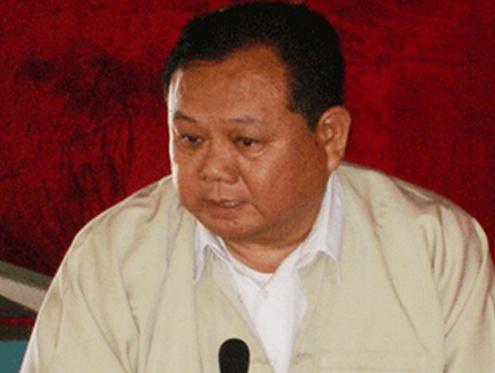The Shan Nationalities League for Democracy (SNLD) has proposed a merger with its main rival in the eastern state, the Shan Nationalities Democratic Party (SNDP).
The SNLD, headed by Khun Htun Oo, has long been considered the traditional nationalists’ party of Shan state. Strongly linked with Aung San Suu Kyi’s National League for Democracy, the SNLD competed in the 1990 election when it won 23 seats. But while it boycotted the 2010 elections, a new party, formed by Shan businessman Sai Ai Pao, was formed – the SNDP, colloquially known as the White Tiger Party, which went on to claim 53 constituencies in that election.
In a letter dated 16 November, the SNLD invited the White Tiger Party to a meeting to discuss the proposed merger, citing public petitions over the past year as well as a call by the Shan State Joint Action Committee urging the two main Shan parties to form a coalition or an alliance in time for the 2015 general election.
Sai Nyunt Lwin, a spokesperson for the SNLD, said that although the two parties carry different policies, they should be able to resolve any differences through negotiations.
[related]
“Our ambition is to structure a union based on eight administrative regions, as opposed to the SNDP which prefers a 14-region system. This is one area of disagreement among many,” he said. “However, we will only achieve an outcome after negotiations.”
The SNLD spokesman said the party has formed a negotiation team of five representatives to discuss the merger.
Sai Hsawng Hsi, an elected MP and deputy chairman of the SNDP, said he welcomed the SNLD’s approach, and said that his party had discussed the possibility of an alliance at its annual congress earlier this year. He said that the White Tiger Party had formed a team, known as the Committee to Implement the United Party of Shan State, in which he was appointed leader.
“Inherently a merger shouldn’t be too difficult but we can’t tell at this stage how it would work in practice,” said Sai Hswang Hsi. “According to Election Commission rules, both parties would have to be abolished in order to set up a new party which we would then have to register.
“What happens if we form a new party and it does not get approved ahead of the 2015 elections?”



